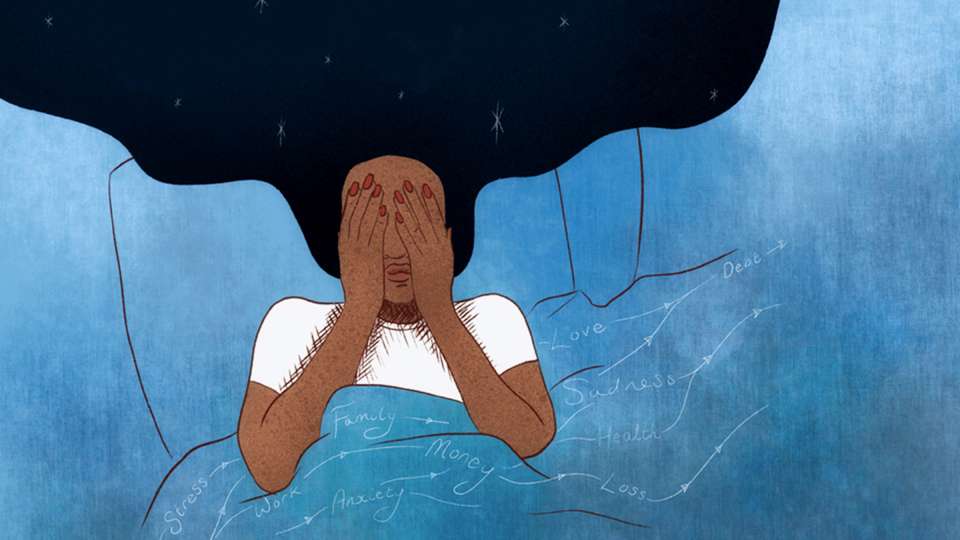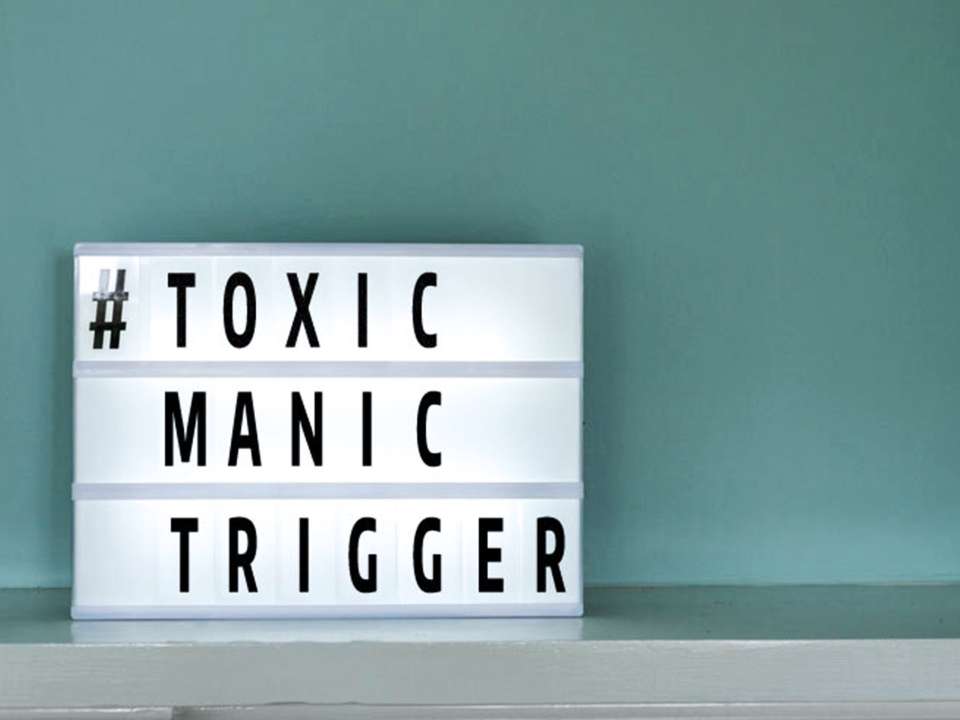
When you think of a midlife crisis, the image of a middle-aged man racing down the road in a red Ferrari may come to mind (thanks for that, Hollywood).
While many people experience stress in their 40s and 50s, these anxieties don’t always result in the stereotyped behavior of Mr. Ferrari shirking off his responsibilities or increasing risky behaviors.
“I don’t think that idea resonates with a lot of men, and it certainly doesn’t with women,” says Dr. Tuesday Burns, a psychiatrist who sees patients at the Psychiatry Clinic at UW Medical Center – Roosevelt.
So, what does a midlife crisis look like and what do you do if you’re having one?
What is a midlife crisis?
Well, it depends on whom you ask. The term “midlife crisis” was coined by Canadian psychoanalyst Elliott Jacques in 1965. Since then, it has been picked up and popularized by journalists, researchers and mainstream media.
Research on midlife crises was historically conducted on a small subset of the population (college-educated white men), and it defined a midlife crisis as a period when someone confronted their mortality and reconciled career aspirations and dissatisfaction.
Recent research is thankfully beginning to include and focus on various stressors that women, people of color and people with low incomes face in the middle years of life. These studies are moving away from the term “midlife crisis” and instead look at how biological, psychological and social changes affect people in midlife.
“Whether or not we want to call it a crisis, there are huge transitions that happen for a lot of folks in their 40s and 50s that have a profound impact on their lives and life choices,” Burns says.
In short, while there’s debate about the term, you can think of a midlife crisis as mental or physical health problems caused by stressors during midlife.
What causes stress in midlife?
People face a variety of different stressors throughout midlife based on their genes, experiences, socioeconomic status, race and gender.
Nancy Woods, dean emeritus of the UW School of Nursing, led a Seattle-based study on the challenges women face in midlife, and found that most women experience stress from a combination of biological, psychological and social transitions.
“What we are finding is that the notion of midlife crisis as it was studied in men, largely, is somewhat irrelevant when we look at women’s lives. When we start talking to women and asking what has been the most challenging for them over the last 15 years, what we heard is that it’s having multiple co-occurring stressors,” Woods says.
Woods’ study found that the difficulty for many women in midlife is balancing life challenges — with finances, health, relationships, career and so forth — while also going through biological changes and the menopausal transition.
Biological and hormonal stressors
Major biological changes occur in midlife when you go through perimenopause and menopause.
“As a psychiatrist with a background working with hormones and reproductive medicine, I’ve seen the strong influence hormones can have on behaviors, quality of life and well-being,” Burns says. “Every woman is going to experience menopause slightly differently, but they’re going to see changes in emotional well-being and physical health reflected in day-to-day life.”
As you go through menopause, the hormones estrogen, progesterone and testosterone fluctuate. For many people, this can result in any number of symptoms, like hot flashes, mood swings, depression, low motivation, low energy, vaginal dryness, physical discomfort and sleep disruption. (Some lucky others, however, will have little to no symptoms, Burns notes.)
Other health concerns also start to occur at higher rates in your 40s and 50s, such breast and ovarian cancer and the emergence of Type 2 diabetes, hypertension and other illnesses, Burns says. This in turn can affect your mental health.
“We need to acknowledge a change in our health can have an impact on mood, anxiety and well-being and a change in mental well-being is going to have an effect on our health,” she says.
Psychological and social stressors
When it comes to relationships and mental health, many people in their 40s and 50s are dealing with a lot.
Social stressors vary but can include caring for children and launching them into the world, caring for aging parents, death of loved ones, relationship/marital problems and divorce, changing careers and questioning identity (just to name a few). Financial difficulty and lack of other essential resources can further exacerbate these stressors.
“Because of all that stress and vigilance, people can be really depleted and exhausted,” Burns says.
Signs you’re experiencing a midlife crisis
Stress occurs throughout life, but the increase in stressors in your 40s and 50s can be particularly difficult.
“I would say midlife for women in particular is the perfect storm,” Woods says.
Signs of midlife crises can vary (like stressors and the crisis itself), but some indicators include feeling depressed or anxious, having low motivation, having difficulty sleeping, struggling with questions of identity or purpose, and feeling overwhelmed or dissatisfied.
How can you cope with stress in midlife?
The best way to cope with midlife stress depends on what’s causing it.
“Context is important when looking at questions of women’s health. Self-care, taking on an exercise program, using medication, going to counseling — all of these options really need to be considered in the context of a woman’s life if we want to be successful,” Woods says.
Both Woods and Burns recommend seeing your primary care doctor if you are concerned about stress or a midlife crisis. They can conduct a physical exam to catch any potential disease early, assess mental health and check your hormone levels to help you navigate menopause.
As for treatment, hormone replacement therapy and other medical interventions can help you cope with symptoms of menopause. Your doctor can connect you with a therapist to support you if you’re dealing with stress, anxiety or depression. And for at-home stress relief, lifestyle habits such as exercise, getting outside, eating nutritious food and practicing mindfulness can help you cope.
While stress in midlife is common, the good news is you aren’t doomed to deal with a crisis when the clock strikes midnight on your 40th birthday.
Remember, you aren’t alone and there are ways to cope with the changes that happen in midlife (and you don’t even have to buy a flashy car to do so).

 Healthy ideas for your inbox
Healthy ideas for your inbox





